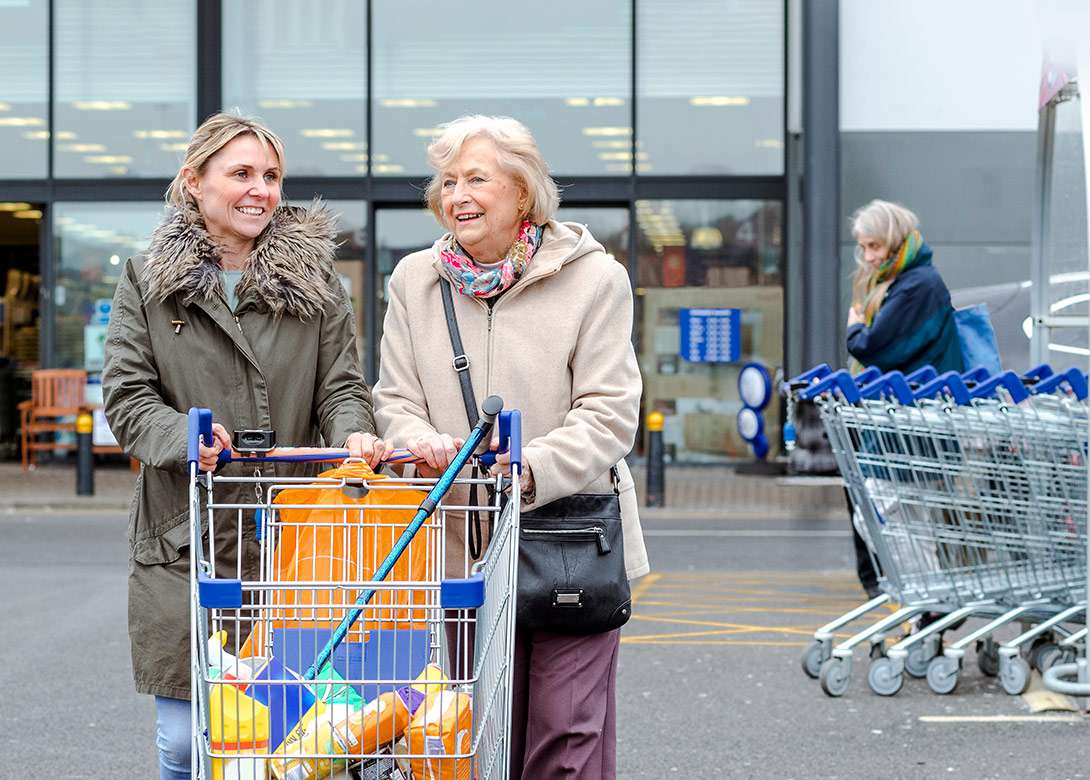Supporting the Health & Financial Well-Being of America’s Unpaid Caregivers
Caregivers are the backbone of society, helping people grow, heal, and age with grace and dignity. While caregiving is a big business worth $30 billion in the U.S. alone according to one industry report,1 unpaid caregiving is an even larger animal. The report Caregiving in the U.S. 2020—the result of a national study conducted by Greenwald Research on behalf of the National Alliance for Caregiving (NAC) and AARP—found that one in five Americans provide unpaid care to a family member, friend, or neighbor, with a total that has risen in the last five years from 43.5 million in 2015 to 53 million in 2020.2 Estimates from 2017 place the economic value of that care at $470 billion.3
As the American population ages and more unpaid caregivers dedicate time to caring for loved ones, leaders in both the public and private sectors must find new opportunities to help them navigate the health and financial implications of their important role.
How to Know if You’re an Unpaid Caregiver
The CDC defines caregivers as people who provide ongoing assistance with everyday tasks on a daily or regular basis.4 Unlike paid caregivers, informal or unpaid caregivers are not required to hold specific certifications, take courses, or comply with government regulations related to care delivery.
Although they have more freedom and flexibility in where, when, and how they provide this assistance, taking on this large responsibility—often while working full-time—means many unpaid caregivers struggle with the physical, mental, financial, and professional costs associated with the logistics and experience of caring for older adults and people living with a health condition, illness, or injury. This is where healthcare organizations, financial services companies, and other businesses can offer support.
Every care plan looks different, but common unpaid caregiver responsibilities include:
- Assisting with personal needs (bathing, dressing) or visiting and checking in
- Performing household chores (cooking, cleaning, yard work) or running errands
- Providing transportation or mobility aid (driving, helping in and out of beds and chairs)
- Managing finances or arranging for various outside services and necessities
- Speaking with healthcare providers or coordinating care and appointments
- Monitoring vitals, evaluating condition, or administering medicines, pills, and injections
- Managing equipment (hospital beds, wheelchairs, hearing aids, oxygen tanks, nebulizers)
If you perform any of these duties for another adult without pay, you may be one of the millions of unpaid caregivers in the U.S. today. If you don’t currently provide this level of care, chances are you will at some point in your lifetime, whether for a partner, family member, close friend, or neighbor.
Supporting Caregivers During COVID-19 & Beyond
Caregivers in the U.S. have always been in need of formal, organized support, but the global COVID-19 pandemic has brought this issue even further into the forefront for leaders in healthcare and other industries that affect the daily lives of unpaid caregivers.
Greenwald Research is proud to partner with a number of healthcare organizations, financial services companies, employers, and advocates looking for smarter, more streamlined ways of helping caregivers better manage health and financial wellness for themselves and others. Our research for NAC and AARP offers new insights on the impact unpaid caregiving has on physical health, emotional well-being, financial situation, family dynamics, workplace setting, and more in an attempt to understand the experiences of modern caregivers.
Examining these findings will help drive the conversation around how we, as co-workers and employers in an industry focused on risk and security, can develop innovative solutions to support the caregivers of today and tomorrow.
A Virtual Research Workshop on Caregiving
Greenwald is excited to share some of the data we’ve collected in this area during the workshop Caregiving with a COVID-19 Lens on Thursday, April 29th, 2021. Part of the Society of Insurance Research (SIR) Virtual Spring Research Workshops Summit, this panel will review our recent research and guide leaders from NAC, Voya, and SCAN Health Plan in a discussion on the future of caregiver support, moderated by Greenwald’s Chief Research Officer, Lisa Weber-Raley.
To experience this workshop or learn more about research on caregiving and other topics across the healthcare landscape, reach out to Greenwald Research.








